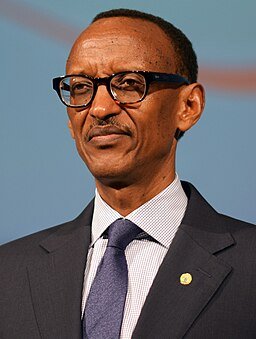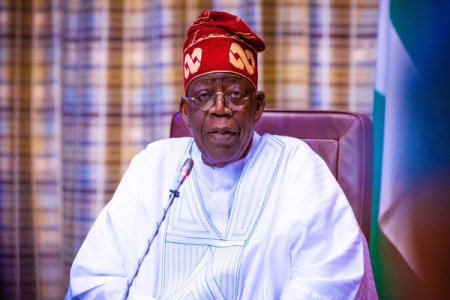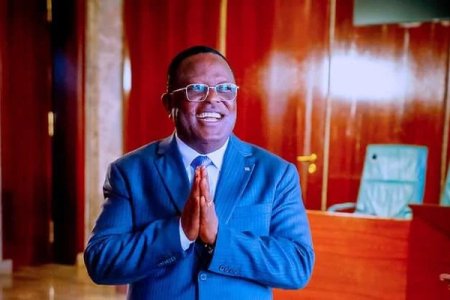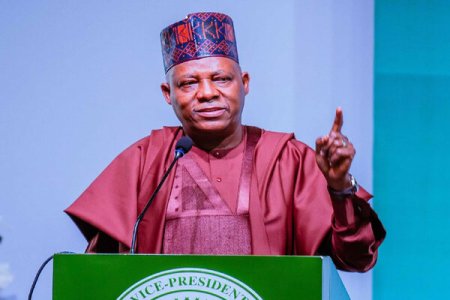
Rwanda's President Paul Kagame has officially announced his candidacy for a fourth term in the upcoming presidential elections scheduled for August next year. If successful, this bid would extend his presidency to nearly three decades, a move that has garnered mixed reactions both locally and internationally.
In an interview with French-language magazine Jeune Afrique, President Kagame expressed his gratitude for the confidence that Rwandans have in him. He acknowledged criticism from human rights groups and opposition figures accusing him of stifling dissent and limiting free speech. However, Kagame asserted that he is not concerned with external opinions and is willing to continue serving as long as Rwandans desire his leadership.
Kagame, who has been a dominant political figure in Rwanda since the end of the genocide, first assumed the presidency in 2000 after the resignation of Pasteur Bizimungu. In 2015, controversial constitutional amendments were passed, allowing him to potentially serve two additional five-year terms starting in 2024.
Regarding Western criticism of his decision, Kagame expressed his indifference, stating, "What these countries think is not our problem." He questioned the concept of Western democracy, emphasizing the importance of countries' independence in determining their own governance structures.
Critics, including Human Rights Watch, have raised concerns about the limited political freedoms and safety of political opponents in Rwanda. Kagame's government has faced accusations of involvement in attacks on opposition figures in exile, although these allegations have been denied by the Rwandan authorities.
Despite ongoing debate and criticism, President Kagame's announcement marks a significant development in Rwanda's political landscape as the nation prepares for the upcoming presidential election




